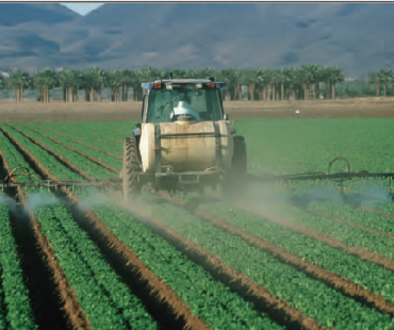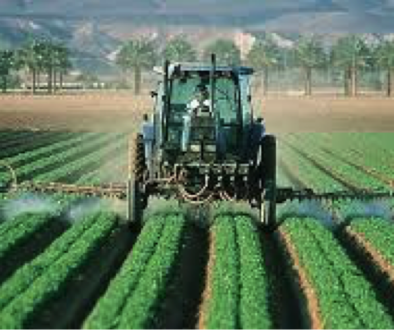The Current State of Chemicals in Our Food
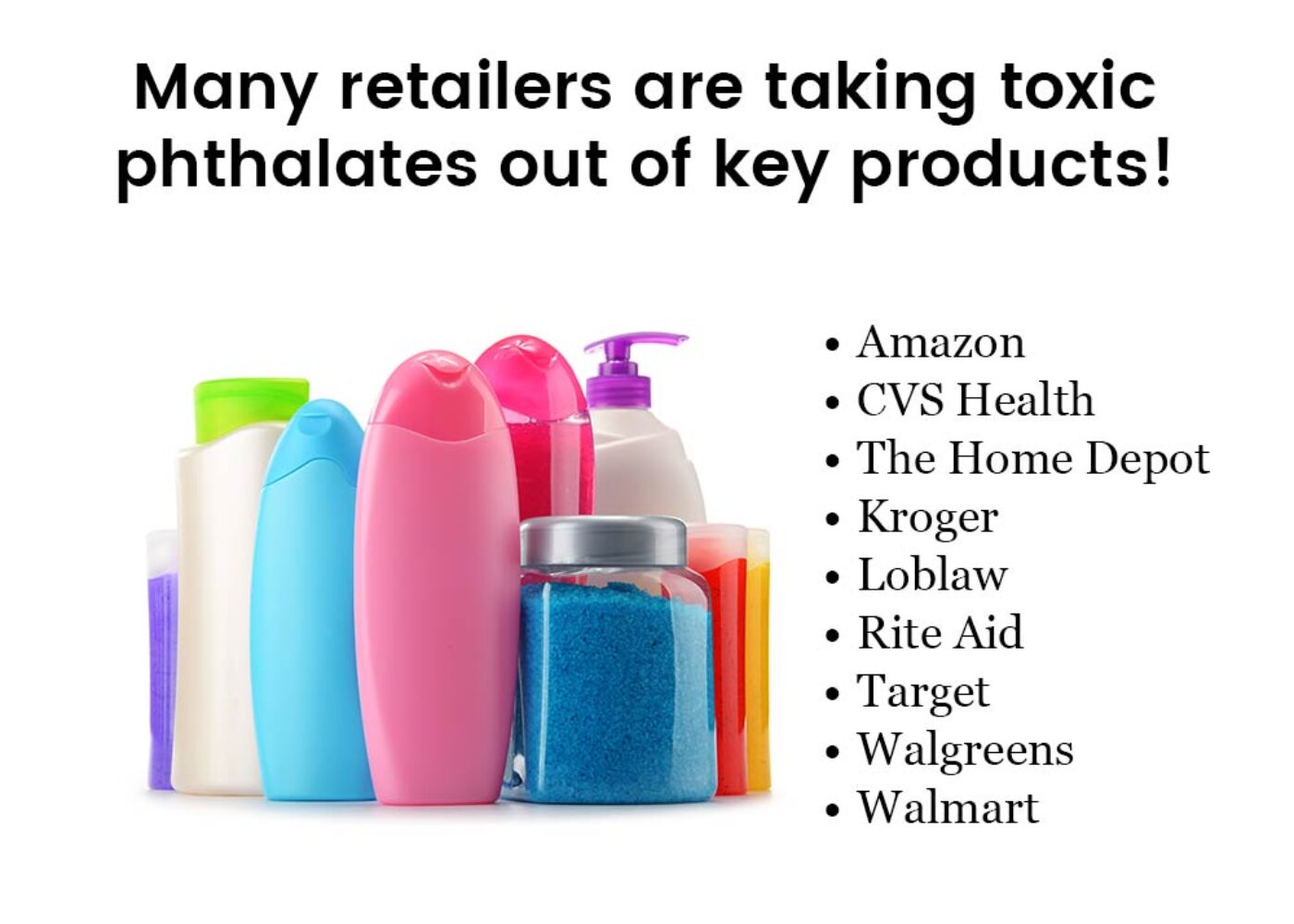
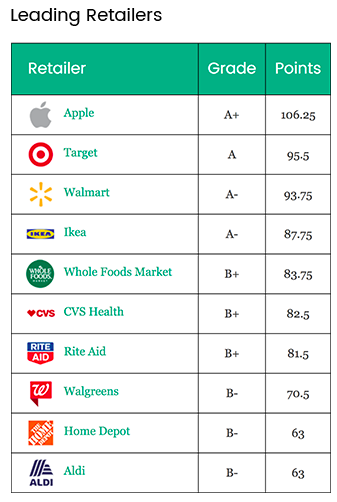 As concern about toxic chemicals grows among consumers and doctors alike, major retailers are making slow but meaningful progress in improving the safety of the products and packaging they sell but nearly half of those scored have failed to make the grade. In this third annual Who’s Minding the Store? Retailer Report Card, Safer Chemicals, Healthy Families graded the chemical policies and practices of forty major retailers that sell products in North America, as part of its Mind the Store campaign.
As concern about toxic chemicals grows among consumers and doctors alike, major retailers are making slow but meaningful progress in improving the safety of the products and packaging they sell but nearly half of those scored have failed to make the grade. In this third annual Who’s Minding the Store? Retailer Report Card, Safer Chemicals, Healthy Families graded the chemical policies and practices of forty major retailers that sell products in North America, as part of its Mind the Store campaign.
Four retailers received the highest grades for their work to protect customers from toxic products and packaging: Apple (A+), Target (A), Walmart (A-) and IKEA (A-). Top-ranked performers continually work with suppliers to disclose and replace dangerous chemicals with safer alternatives.
Average grades show steady improvement over time. Eleven retailers improved their average grade from a D+ to a C+ since the first report card was published in 2016. Another eighteen retailers bumped up their grade from D to a D+ over the past year, on average. Twenty-one out of the twenty-nine retailers (72%) that were evaluated in both 2017 and 2018 improved their score over the last year.
Many retailers are taking action to reduce or eliminate chemicals of high concern in consumer products. For example, Lowe’s led a recent wave of commitments by ten major retailers to end the sale of paint stripping products containing the deadly chemicals methylene chloride and NMP.
Walgreens, Rite Aid and Amazon are the most improved retailers of 2018, each adopting sweeping chemicals policies. Walgreens (B-) and Rite Aid (B+) pledged to eliminate a long list of chemicals of concern in beauty, personal care and household cleaning products. Amazon (C) will encourage suppliers of some private-brand products to restrict dangerous chemicals, the first safer chemical policy of a dedicated e-commerce retailer.
In other documented trends, retailers are working to replace entire classes of toxic chemicals with safer alternatives, rather than chasing one chemical at a time. For example, several are phasing out phthalates, parabens, formaldehyde-donors, and nonylphenol ethoxylates as chemical classes. Increasingly, retailers are screening products against long lists of dangerous chemicals, such as the “stewardship list” chemicals in the new BPC Product Sustainability Rating System.
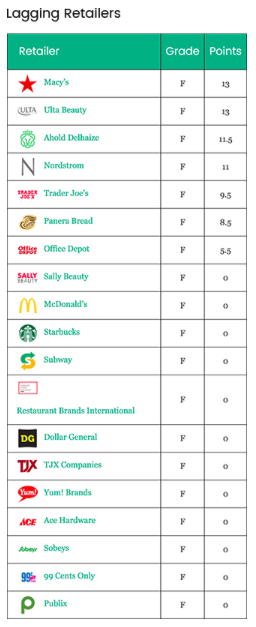
Safer Chemicals, Healthy Families urges all retailers to adopt comprehensive safer chemicals policies, fully disclose the ingredients of their products and packaging, and substitute hazardous chemicals with safer solutions. Safer Chemicals, Healthy Families calls on consumers to join its Mind the Store campaign and press retailers where they shop to clean up their act. It’s time for all retailers to put our families’ health above the special interests of chemical corporations.
The report card is published by the Mind the Store campaign of Safer Chemicals, Healthy Families.



